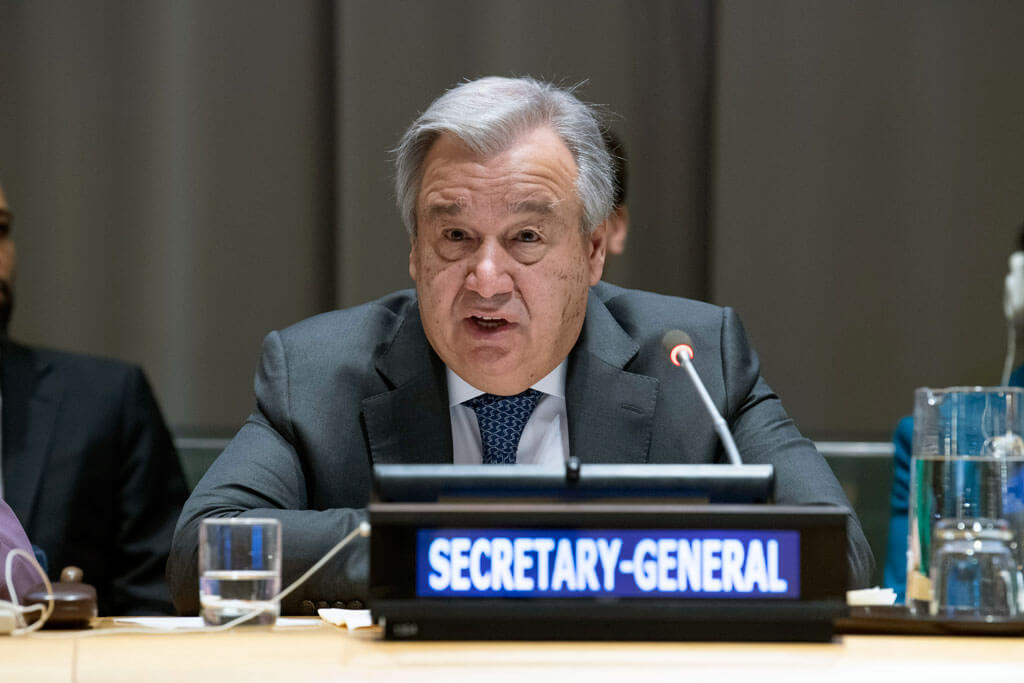On Monday, the United Nations (UN), in partnership with Canada and Jamaica, convened a virtual high-level event to discuss international economic recovery from the COVID-19 pandemic and called for urgent and united action to address an emerging debt crisis.
Speaking at the ‘Meeting of Heads of State and Government on the International Debt Architecture and Liquidity,’ the leaders highlighted the grim economic and social impact of the novel coronavirus, and stressed that taking bold measures—like extending debt relief, and providing urgent cash liquidity to developing countries to respond to the pandemic—was crucial to ensure even global rehabilitation. Canadian Prime Minister Justin Trudeau said that it was impossible to fully “defeat the virus and build back better” at home unless all nations had sufficient resources to confront this global challenge and called on countries to engage in a “coordinated global response” to “address the impacts of the pandemic and create jobs, economic growth and new opportunity for our people and businesses.”
UN Secretary-General António Guterres echoed Trudeau’s concerns, and warned that the consequences of inaction and lack of support for low- and middle-income nations affected by the crisis could be devastating for the entire world, with “losses of global output in the trillions of dollars.” The UN chief further lamented that not enough was being done to support those that are at the “highest risk.” According to the body, six developing nations have defaulted on their debts since the beginning of the pandemic, 42 have seen their credit ratings plunge, and at least 120 million people have fallen into extreme poverty. “We are already in the worst global recession in 90 years,” Guterres said, adding that more fiscal instability could also derail progress on UN Sustainable Development Goals (UN SDGs) as well as climate change. “We face the spectre of a divided world and a lost decade for development,” he remarked.
Meanwhile, Jamaican Prime Minister Andrew Holness said that many poorer nations were forced to divert their public spending to fulfil debt obligations— despite a growing demand for health services—which has slowed their fight against the virus. The leader urged G20 powers to extend their debt service suspension to the end of 2022, saying, “Unless we are prepared to enter into deeper co-operation with fairer, smarter and broader views of our world and common interests, we should temper our expectations that the crisis is nearing its end.”
The G7 has already agreed to strengthen the International Monetary Fund’s (IMF) reserves (for the first time since 2009) to support developing nations during the pandemic, and Trudeau said on Monday that the G7 and G20 were working together. “We need to make sure at the same time as we are focused on the health, we are also focused on the health of the global economy," he stated. “And that means taking real action by leading countries around the world to recognize that it is not just in the global interest but in their own interest to ensure a more equitable global recovery.”
UN, Canada, Jamaica Call for United Global Effort to Tackle Debt Crisis
Six developing nations have defaulted on their debts since the beginning of the pandemic, 42 have seen their credit ratings plunge, and at least 120 million people have fallen into extreme poverty.
March 30, 2021

UN Secretary-General Antonio Guterre SOURCE: UN
